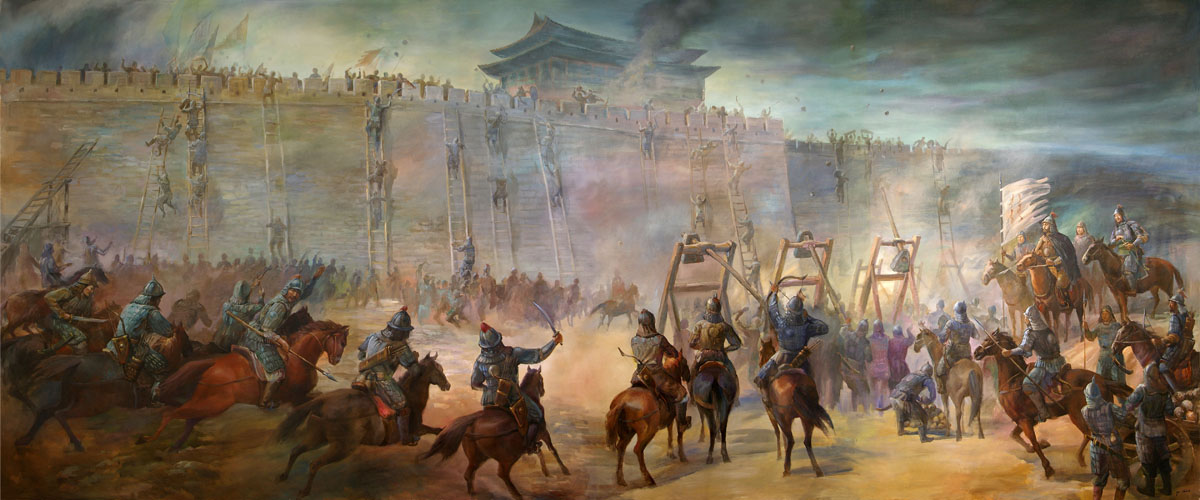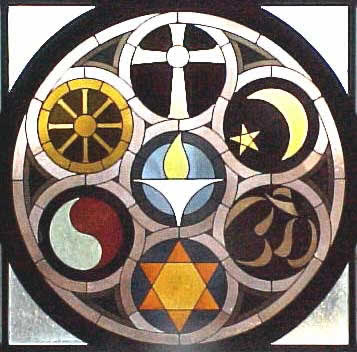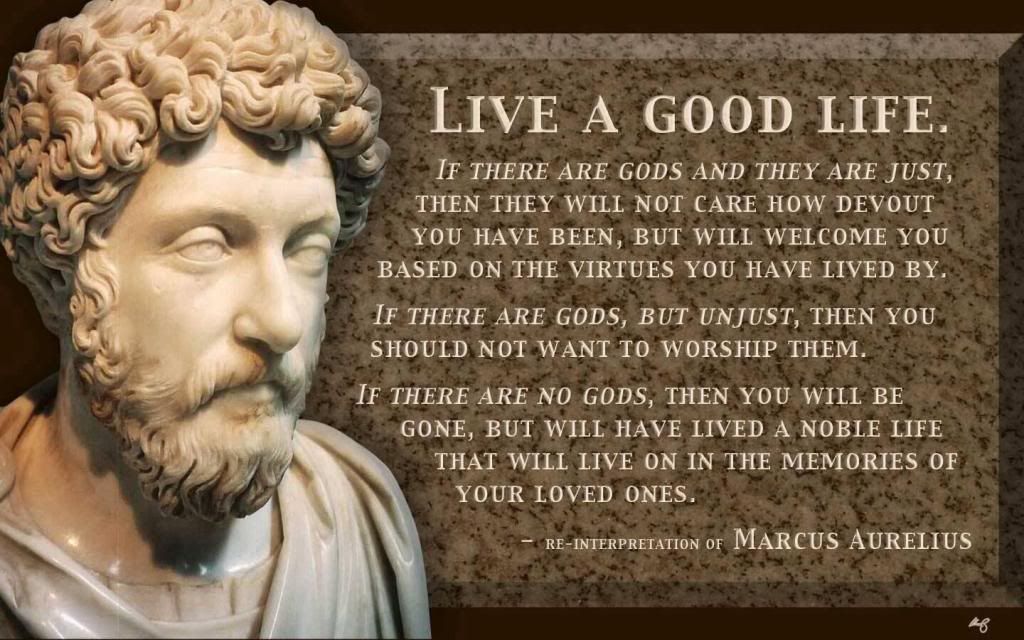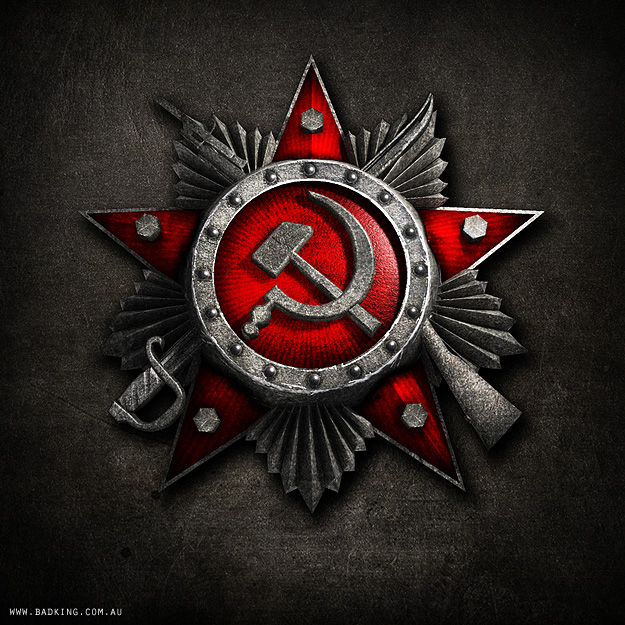 |
| Genghis Khan's Mongols: Men of the Plains |
Many a nations have traversed
this world but only a few have risen to such heights that they continue to
convey awe even after their absence. At
this thought one brings to mind the great empires of Persia, Islam, Egypt, and
of course, the mighty Rome. Yet one may
find another who trumps all those before it in the most sought after empire achievement:
geographical expanse. In this sphere of
an empire’s quest, only one nation stands as the peak of empirical success:
Genghis Khan’s Mongol Horde. This man’s
exceptional tactics of conquest allowed the Mongol’s to become, geographically,
the greatest empire in history. His
accommodating view of foreign peoples, religious tolerance, and sound military
tact, allowed the Mongols to explode out of their homeland of the Mongolian
Plains to become an empire ranging in influence from the gates of Venice to the Pacific
Ocean. Genghis Khan’s triumphant skill
as a conqueror is displayed through his relations with foreign peoples
conquered.
Genghis Khan’s
accommodating treatment of captured foreign peoples was a major factor in his
empire’s supremacy. With each nation’s
capture, its officers were put to use as advisors for the Great Khan. These scholars, military men, administrators,
and craftsmen ranged from many ethnicities.
With such a diverse advising palate, the Mongol’s were able to gain a
variety of information ranging from new military technologies, craftsmanship,
medicine, as well as economic systems.
Most importantly, they gained information about foreign lands yet to be conquered. As such, as ethnic diversity increased, and
knowledge with it, so did the ability of the Mongol's to effectively combat and
subdue potential enemies.
 |
| Without the incorporation of Chinese engineering, the Mongols would have struggled greatly with siege warfare |
On a more social level,
Genghis Khan encouraged mass intermarriage, having taken on two Chinese wives
himself, to blur the lines of ethnic differentiation, and to unite all his
people. This enabled the prevention of
internal strife among different cultures, which then allowed a focus on
external enemies. This was strikingly
depicted within military organization.
Genghis Khan divided his men into inter-ethnic squads who were ordered to
live with each other and defend one another as brothers. Eventually this
organization covered all of Mongol society and set a fundamental unity among
the Mongol empire. Thus, through his
uniting of captured peoples and their cultures with the Mongols, Genghis Khan
was able to fully take advantage of his expanding empire. Although this policy was advantageous to
further expansion, it was the surprising tolerance of different religions that
gave greatness and strength to the Khan’s empire.
 |
| Religious tolerance was crucial for the growing Mongol empire |
Religious tolerance
played an even greater role in the Mongol expansion. Genghis did not persecute his non-Shamanists
(dominant Mongol faith) from practising their own religious beliefs so long as
they acknowledged Genghis as their sovereign.
As such, his empire was composed of freely practising Christians, Muslims,
Buddhists, Taoists, and Shamanists. Many
times in the Mongols’ conquests, submission of conquered peoples became easier
as they heard of the Mongol Khan’s open-minded opinion of foreign religions.
A very interesting example of such easy
submission can be seen through the conquest of the city of Balasagun in modern
day Kyrgyzstan. Muslim envoys from the
city sent their plea to Genghis that they were being oppressed by their
Christian king and sought the Khan’s protection. Genghis complied and shortly afterwards, his
armies invaded Balasagun, beheading the king, and declaring freedom of worship
throughout the surrounding lands. Not
only did Genghis openly allow freedom of religion, he went further in extending
religious privileges of other peoples in his empire. Religious clerks were excused from public
service and paying tax so that they could focus on their respective religious practices. Such was the extent of the Mongol Khan’s
tolerance of faiths. In the predominantly
unconquered West, the clergy scorned Genghis Khan with the title of The Scourge
of God, but in the East, he was known as The Protector of Religions. As can be seen, Genghis Khan’s religious
tolerance of foreign faiths not only made it easier to conquer, but created a
benevolent image of the Mongol leader.
Nevertheless, even with this internal policy of religious openness,
ultimately it was the might of the Mongol military that allowed large territories
to be subdued.
 |
| The infamous 'Shoot you backwards while riding' maneuver |
The military tactics
used by the Mongols enabled devastating conquests to seemingly superior forces
and enabled these Mongol warriors to expand to impeccable heights. On a pure individual level, the Mongol
warrior was a weapon to be reckoned with.
Armed with powerful double recurve bows with unrivalled range, exceptional
swordsmanship, and ponies of incredible endurance, the Mongol Horde mobilized
and attacked with deadly speed and force.
When attempting to befall an enemy fortress, these warriors would
pillage surrounding villages, soaking up the land’s resources and preventing
resupplying of the surrounded fortress.
Furthermore, as an act
of mercy, the attacking Mongol generals would signal to the besieged peoples
with a series of three coloured tents to show the capturer’s intentions. On the first day a white tent indicating the
city and people would be spared, the next day a red tent showing the males
would be killed, and a black tent on the third day showing that all would be
destroyed. Such options to the besieged
settlements allowed Genghis to save men and resources whenever possible, make
an example to other enemies, and ultimately to streamline the Mongol war
campaign. Even with these efficient
battle tactics, the most helpful of all was Genghis’ decision to choose
generals based upon merit rather than kinship.
As such, all who truly showed leadership ability were chosen for the
responsibility of leading several thousand warriors to victory. With such promotion policies, a mere sheep
herder had the potential to become a great general if his abilities could
attest to the rank. Thus, with the
ferocity and intellect by which the Great Genghis and his men fought and
organized themselves, they were able to plough through Asia and Eastern Europe
to form their vast empire.
 |
| The breadth of expansion of the Mongol empire, from Venice to Korea |
Thus, Genghis Khan was
able to lead his people from the nomadic steppes of Mongolia to an empire surpassing
all previous ones. Through ethnic
equality Genghis was able to create a unified identity for his people. His tolerance for all religions made people flock
to him for sanctuary. Furthermore, it
was his awesome military might which tore into the great empires of Persia,
China, and the Balkans. Like the wolves
of their homeland, the Mongols spread with ferocity and cunning to build a
vast, rich nation that is awed to this day.
Bibliography
Agırel,
Seyfi. "As Contributions to This Section, the Editors Welcome Comment and
Debate on Topical Issues or on Recent Articles or Reviews Appearing in the
Journal. Shorter Accessibly Written Items of General Interest, Reports on Work
in Progress, Notes and Queries Are Also Welcome.Colour Symbolism in Turkish and
Azeri Folk Literature." Folklore 120.1 (2009): 92-101. Print.
Barfield,
Thomas Jefferson. The Perilous Frontier: Nomadic Empires and China.
Cambridge [u.a.: Blackwell, 1996. Print.
Callaway,
Ragan M., and Wendy M. Ridenour. "Novel Weapons: Invasive Success and the
Evolution of Increased Competitive Ability." Frontiers in Ecology and
the Environment 2.8 (2004): 436-43. Print.
Lamb, Harold. Genghis Khan. New York:
Pinnacle, 1976. Print.
Weatherford, J. McIver. Genghis Khan and the
Making of the Modern World. New York: Crown, 2004. Print.











